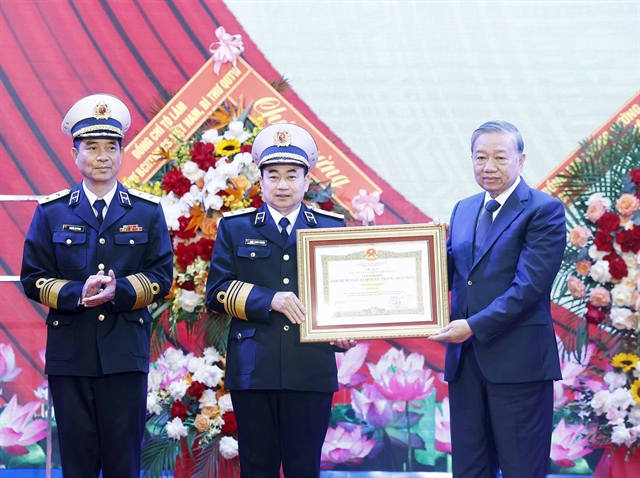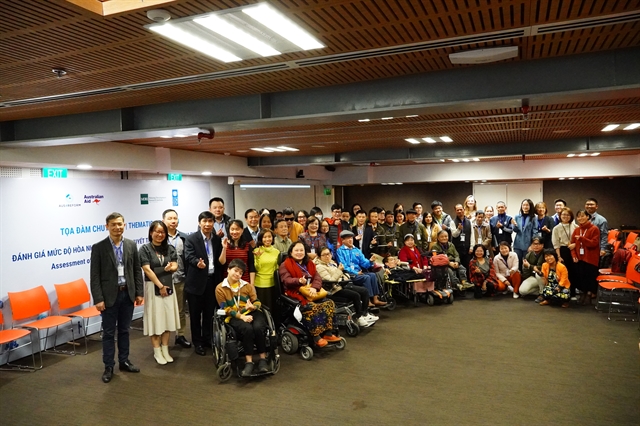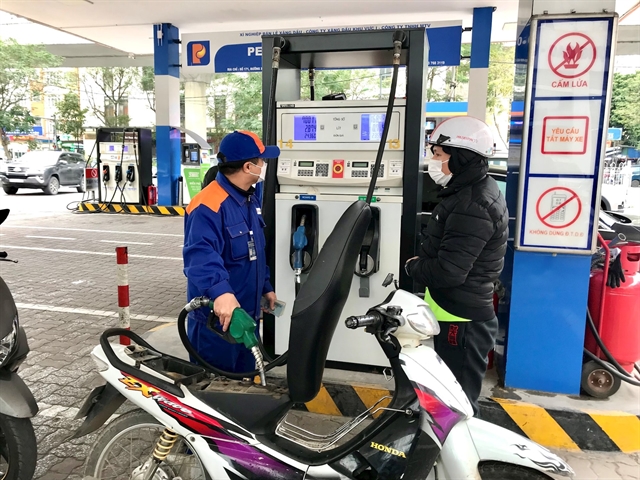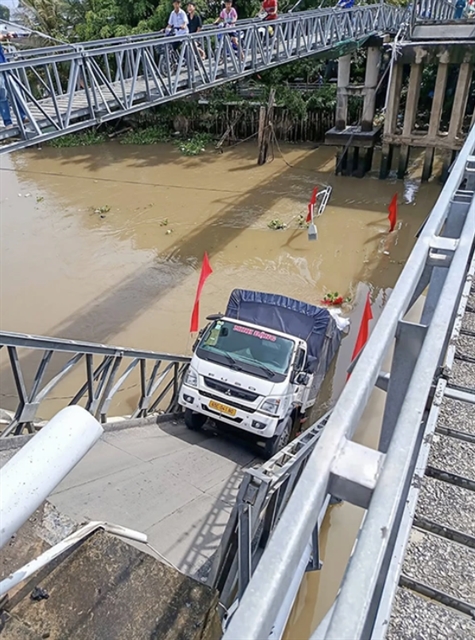 Society
Society


|
| Delegates participating in the conference on the launch of the study "Assessment of disability inclusion in local governance in 2022" held on Wednesday. — Photo courtesy of UNDP Việt Nam |
HÀ NỘI — Persons with disabilities (PWDs) have a low level of engagement in social organisations and elections at the grassroots level; disparity in gender, form and degree of disabilities exists.
These are some of the key findings of the "Assessment of disability inclusion in local governance in 2022" released on Wednesday.
With support from the Australian Department of Foreign Affairs and Trade (DFAT), the United Nations Development Program (UNDP) in Việt Nam and the Mekong Development Research Institute (MDRI) have carried out this study to provide evidence for accelerating the achievement of disability inclusion, ensuring the right of people with disabilities to live in dignity and independently.
To learn about the status of disability inclusion in local governance, the study surveyed over 1,600 PWDs, covering all forms of disabilities from various localities across the country. This is a pilot activity in preparation for expanding the research scope in the following years.
Patrick Haverman, UNDP Deputy Resident Representative in Việt Nam, said: "The 2030 Agenda for Sustainable Development seeks to benefit all people and commits to leave no one behind by reaching out to all people in need and deprivation. To fulfill this pledge, we need more granular data to understand the needs and experiences of the most marginalised in society, including persons with disabilities.
"More evidence, deeper understanding, and concrete actions will continue to demonstrate Việt Nam's commitment to upholding human rights and moving the country towards a more inclusive and just society."
According to the study, there are still significant impediments to public administrative procedures for PWDs, particularly in the areas of disability certification and compensation. In addition, hospitals and public transportation require significant improvements to be more accessible to people with disabilities. Persons with sensory, cognitive, mental and psychiatric impairments continue to experience significant challenges in social engagement, administrative procedures, and public services.
The degree of engagement of PWDs at the grassroots level is still low, just 34.4 per cent of respondents participate in associations/groups/social organisations; there is a gender and disability-form disparity. The percentage of respondents who did not attend in the most recent elections for People's Councils and National Assembly representatives remains relatively high, at 47.1 per cent. The most significant hindrance to PWDs from participating in elections are the ability to move to the polling place (27.7 per cent) and access to information (24.3 per cent). Persons with sensory, cognitive, mental and psychiatric impairments continue to confront enormous barriers to information access.
In terms of public administrative procedures, 21 per cent of respondents, particularly those with sensory impairments, reported difficulties in carrying out the process. Nearly one fifth of respondents haven’t got a disability certificate, and the procedure of issuing/revoking disability certificates remains unclear in some circumstances. Furthermore, 86.1 per cent of interviewees believe that disability compensation is insufficient to cover PWD's basic living needs. More than half of respondents do not have their names in their family's land use right certificates, indicating a low number of PWDs who practice property ownership.
Public services and facilities are still inaccessible to many PWDs, only one-third of interviewees say local public transportation is easy to use. PWDs' assessment of the district-level hospital system is pretty high. Nevertheless, the infrastructure needs improving to be more PwD-friendly (eg. installation of elevators, ramps, and standard toilets for wheelchair users). Following the COVID-19 pandemic, nearly 40 per cent of respondents are interested in mental health treatments.
The study offers some policy recommendations as follows:




